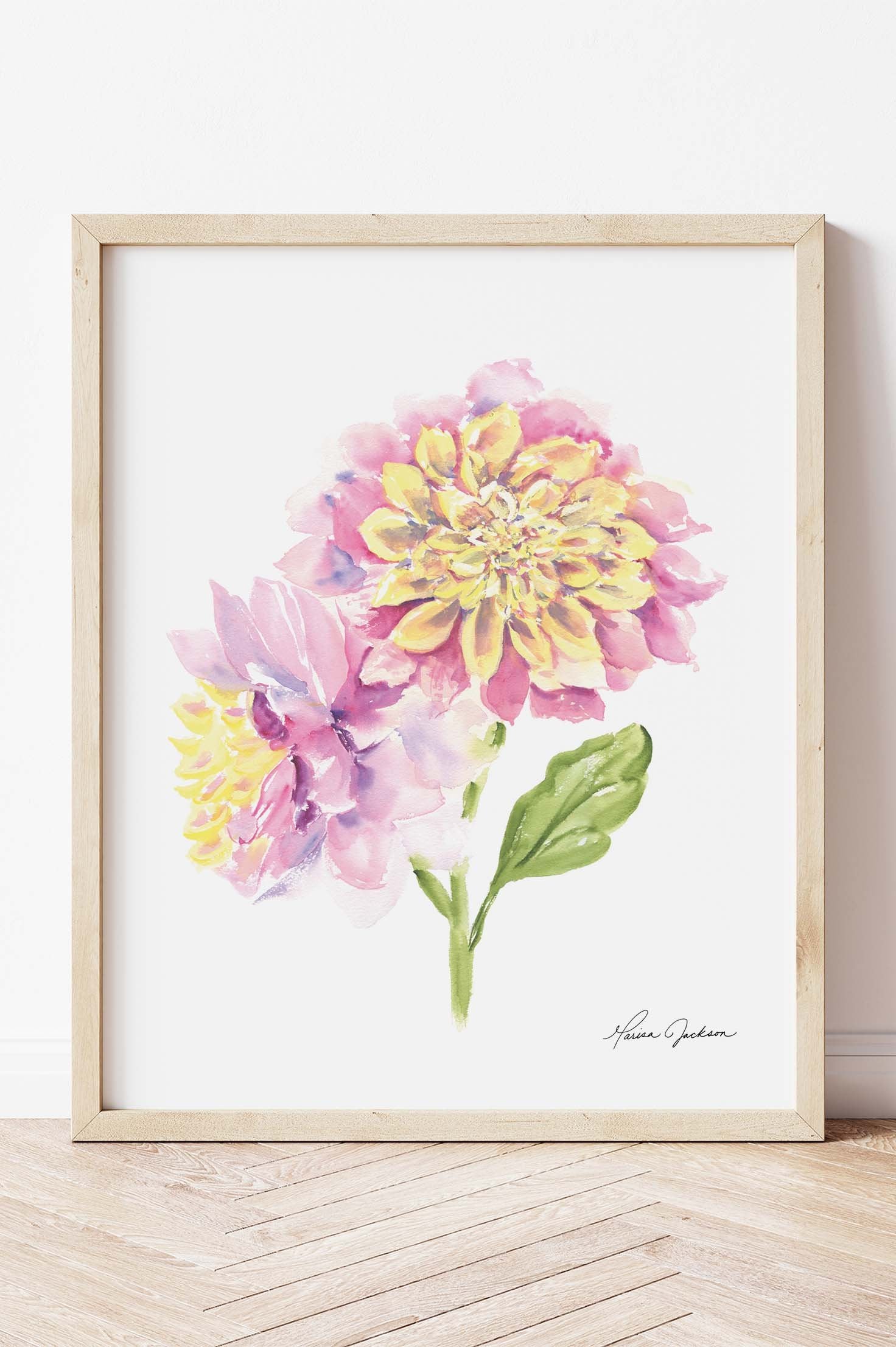
I am thrilled you want to learn calligraphy! It is such a beautiful art form, and really relaxing once you get the hang of it! Let’s jump right in and talk about what you need to get started!
There are many styles of calligraphy, but I highly recommend starting with a foundation script like Copperplate, which uses a pointed pen. This post will be about the materials you need to start pointed pen calligraphy. Copperplate calligraphy will teach you the proper way to hold the pen, how to move your arm, basic strokes, how to form each of the letters, and how to connect letters to form words. Learning pressure and release techniques with your pointed pen will help you transition into other forms of lettering like brush lettering!

INSTRUCTION, WORKSHOPS, & SELF STUDY
When first learning pointed pen calligraphy, it is so helpful to find an instructor, and attend a workshop in person. You will have access to the instructor and their knowledge of the subject, plus, they can help correct your grip, and show you tips and tricks to avoid common pitfalls.
There are also many calligraphers who privately teach students online and also offer classes online. Beginning with an actual instructor really helps with the learning curve!
If you do not have access to a local workshop, an excellent book to purchase is Eleanor Winter’s “Mastering Copperplate Calligraphy.” This book will take you step by step through each of the lowercase and capital letters and help you learn the basics!
Two other amazing resources to learn more about calligraphy:
Calligrafile – Resource Archive for Modern Calligraphers and Lettering Artists
IAMPETH – International Association of Master Penman, Engrossers, and Teachers of Handwriting

Pictured: Rhodia Pad, Borden & Riley Layout Paper, Moon Palace Sumi Ink, Dinky Dips
SUPPLIES
Here are some great supplies to get you started:
RIGHT OBLIQUE PEN HOLDER
- Hunt Oblique Pen Holder (from John Neal Bookseller)
- Dual Use Holder with Brass Flange (from John Neal Bookseller)
STRAIGHT PEN HOLDER
- The preferred pen holder for right handed people is the oblique pen holder, but lefties may prefer either the right handed oblique or a straight pen holder.
It doesn’t have to be fancy, or custom made...yet! A simple plastic oblique holder will work to help you see if calligraphy is something you enjoy! I will write another post about custom oblique holders and their makers in the future for those of you who want to start investing in your pen holders! Custom pen holders are a dream once you discover what nibs you like!
NIBS

My personal favorite for beginners is the Hunt 101 nib. It creates beautiful hairlines and swells. Other calligraphers recommend the Nikko G nib. It's not my fav, but I do recommend beginners who have a heavy hand to try it out because it is stiffer than the others. (Heavy hand meaning you press hard on your pencils and pens.) Lastly, if you have a light touch with your pen holder, you may like the Brause 66EF Nib. It is very flexible and produces nice hairlines and thick swells. Buy several nibs at a time because you will go through them. When nibs go bad, the tines separate or don’t align properly and will catch the paper like crazy causing splatters, blobs, and so much frustration!
PAPER
- 9x12 Borden and Riley Marker Layout Paper (50 or 100 sheets)
- HP Laserjet #32 Paper
- Rhodia Pads
- John Neal Practice Pads
I highly recommend starting with the Borden and Riley Marker paper because it is translucent and you can place that on top of your guide sheet or exemplar to practice. The HP Laser Jet #32 is a must if you are going to print off guide sheets on your inkjet or laser printer. It’s a heavier paper that takes ink nicely and IT’S CHEAP!
INK
There are many types of inks for beginners. Higgins Eternal is one that is often recommended, but I have never liked it, and if given the choice between it and Moon Palace Sumi Ink, I’d go with Moon Palace every time!
OTHER SUPPLIES
- Water Cup - for rinsing your nib
- Paper Towels - for cleaning nibs
- Windex Wipes, Clorox Wipes, Dawn dish soap, or toothpaste will work to prepare your nib. All nibs come with a coating from the manufacturer that repel ink. You must clean your new nib first before using it. Other things that will prepare your nibs: spit, flame, or a potato. I don’t recommend putting a nib in your mouth…just because of chemicals. Exposing the nib to a brief flame will burn off the coating- be careful to not heat too much as it may damage your nib. I have never tried the potato method, but lots of calligraphers use it to prepare nibs.
- A pencil! Using a pencil to trace letterforms and to do warm up exercises is such a huge help when building muscle memory!
- Dinky Dips – These are awesome for that Moon Palace Sumi Ink. Instead of having a wide mouth ink well, these little plastic containers with screw top lids will keep you from dipping your nib in too far. You definitely don’t want any ink in your flange or on your pen holder!
- Scrap paper - This is for getting ink to flow or to test ink before going to your practice paper or final piece.
SUPPLIERS
I have linked many of the supplies to the suppliers, and you can find all of these materials at either John Neal or Paper & Ink Arts (with the exception of the laser jet paper).
These are just the very basics of what you will need to begin! I hope you found this first calligraphy post helpful! Remember, don’t be discouraged if your letterforms do not look exactly like your exemplar (which is your example) when you are beginning. It takes a lot of time and practice to build muscle memory to create proper letterforms. The important thing is that you keep showing up to practice! Calligraphy is like a sport. If you want to be good at the sport, you invest lots of time into learning and perfecting your technique. The more you intentionally practice, the better you will get!
Download a Copperplate Guide Sheet Here! (Print to fit, and print on HP LaserJet #32 Paper for best results!)
Let your Creativity Flourish, Friend!



